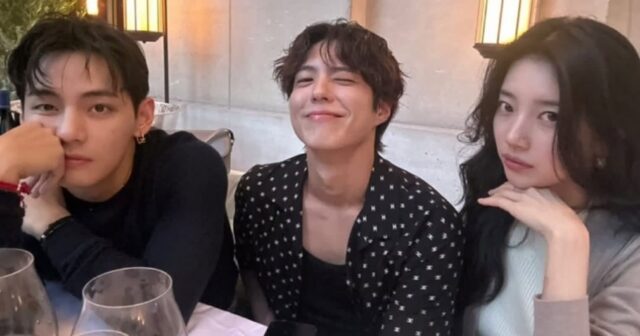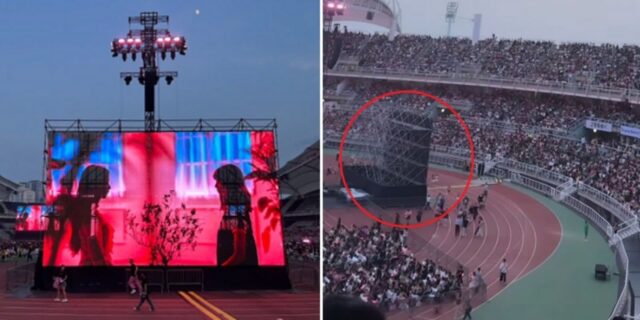The Cannes Film Festival has unveiled a new dress code restricting excessive exposure in participants’ outfits.
According to French media outlets BFM TV and TF1, the festival organizers issued new dress guidelines on Tuesday ahead of the opening ceremony. The guidelines outline rules that film production teams and invited guests are expected to follow.

In an official announcement, the festival stated that nudity is prohibited on the red carpet and at all festival venues to maintain a sense of decorum. The Cannes hospitality staff has been authorized to restrict red carpet access for participants violating this dress code.
The festival’s PR team clarified that the rule does not aim to regulate fashion itself but rather prohibits full nudity on the red carpet by the nature of the event and French law.
A New Rule Drawing Industry Attention
Several media outlets have linked Cannes’ tightened dress code to a controversy that arose earlier this year at the Grammy Awards in the United States.
On February 2, during the 67th Grammy Awards held at the Crypto.com Arena in Los Angeles, Bianca Censori, wife of hip-hop artist Ye, caused major controversy by appearing in a nearly nude outfit.
This new regulation is being interpreted as an attempt to balance freedom of artistic expression and the need to maintain decorum at public events.
Cannes has long been renowned for its glamorous fashion and red carpet culture, but the new policy is expected to introduce a fresh set of boundaries for participants’ attire choices.
The 77th Cannes Film Festival is held from May 13 to 24 in the southern French city of Cannes. Unfortunately, no South Korean feature films, including the competition category, have been invited to any section.
However, in the short film segment, director Jung Yu Mi’s animation Glasses and director Heo Ga Young’s First Summer have been invited to the Cinéfondation section (student film competition), continuing South Korea’s cinematic presence at the festival.
Cannes’ decision to reinforce its dress code reflects a broader industry-wide discussion on standards of dignity and appropriateness in entertainment. This move may influence dress policies at other major film festivals and award ceremonies.
















Comments0